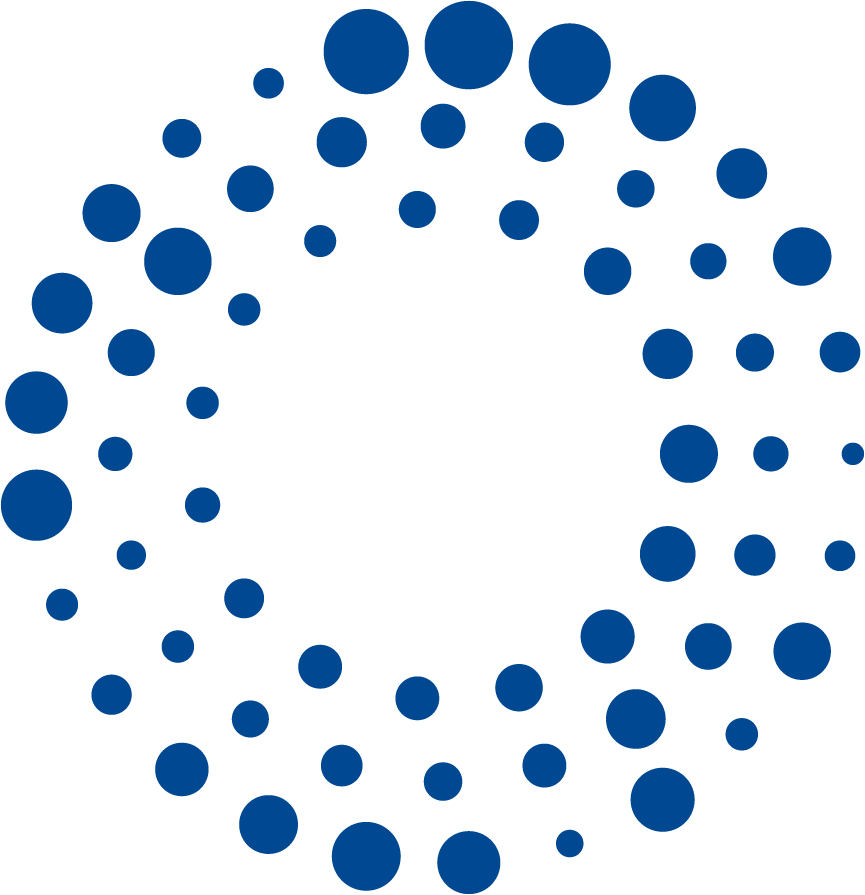 Research at the UKE?
Research at the UKE?


Background – Hamburg Center for Translational Immunology (HCTI)
Welcome to our background overview, a glimpse into the foundations that shape our mission and aspirations. Explore the narrative behind our organization, values, strategy and commitments that drive us towards the future.
HCTI Background

Over the last years the incidence of immune-mediated diseases has seen a steady increase. Hereby, a dysregulation of the immune system causes a pathological inflammation reaction, leading to tissue-damage of the affected areas. Symptoms of immune-mediated diseases depend on the affected organ system and are of great variability, leading to an impairment of quality of life, or up to life-threatening conditions.
The HCTI unifies extraordinary expertise in the fields of organ immunology and systems immunology with unique patient cohorts and novel analytical approaches. This offers the chance for a profound understanding of such diseases, the generation of therapeutic approaches and finally a paradigm shift in the field of immune-mediated diseases.
Goals of the HCTI and UKE

Diagnosis of immune-mediated diseases is often complex and tedious. In contrast, therapy is more of empirical nature and consists of an unspecific immunosuppression, bearing the risk of severe, unwanted side effects. As an overarching goal the HCTI will define why different organ systems show such a variability of reaction patterns of the underlying auto-immune disease and use this information to generate new insights for the development an organ specific therapy as well as organ of therapy with few side effects (HCTI DISCOVERY IDEA). Therefore, HCTI unites outstanding experts of various immunological fields (fetomaternal system, liver, intestine, CNS and kidney), to map the immune reaction and tissue response on a multidimensional level and analyze comparatively.

HCTI Strategy
The translational strategy of the HCTI (HCTI DISVOVERY PATH) is based on (1.) in part globally unique patient cohorts and biobanks in the field of autoimmune organ manifestations (HCTI BIOBANKS AND ORGAN ENCYCLOPEDIA), which will combined with high-resolution tissue analyses for generation of molecular organ atlases; (2.) an experimental platform for detailed analysis of immune processes and interaction of immune and tissue structures (HCTI EXPERIMENTAL PLATFORM); (3.) preclinical, complementary models including organoid, cell and animal models, for dynamical investigation and modification of disease relevant signaling pathways (HCTI DISEASE MODELLING PLATFORM); (4.) an innovation platform (HCTI CLUSTER FOR INNOVATIVE THERAPIES; HCTI-CIT), where immune, signaling, tissue, and cell specific techniques will be used and further redefined and (5.) to fuel a study board (HCTI TRANSLATIONAL BOARDS) consisting of HCTI members and departments of the UKE for translation of the results to first clinical trials.


Systems immunology
All of the 5 research focuses of the HCTI will be catalyzed and connected by systems immunology, including artificial intelligence based immunology via data management, analysis, modelling, prediction and quality control (HCTI SYSTEMS AND AI-BASED IMMUNOLOGY CATALYST, HCTISysIm).
Laboratories & Projects
Explore our captivating laboratories and cutting-edge research projects, where our teams address scientific questions with enthusiasm and drive forward translational research.